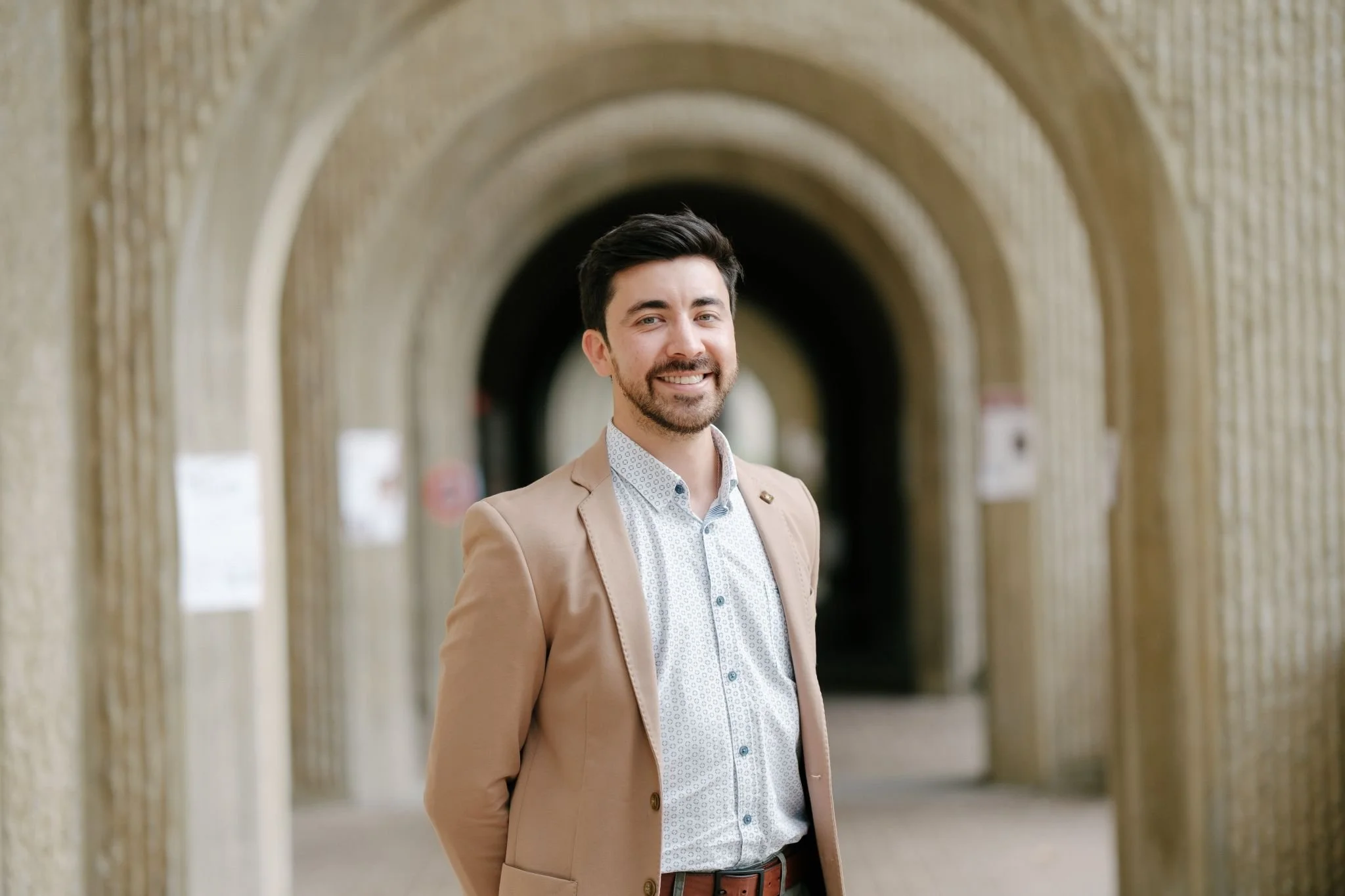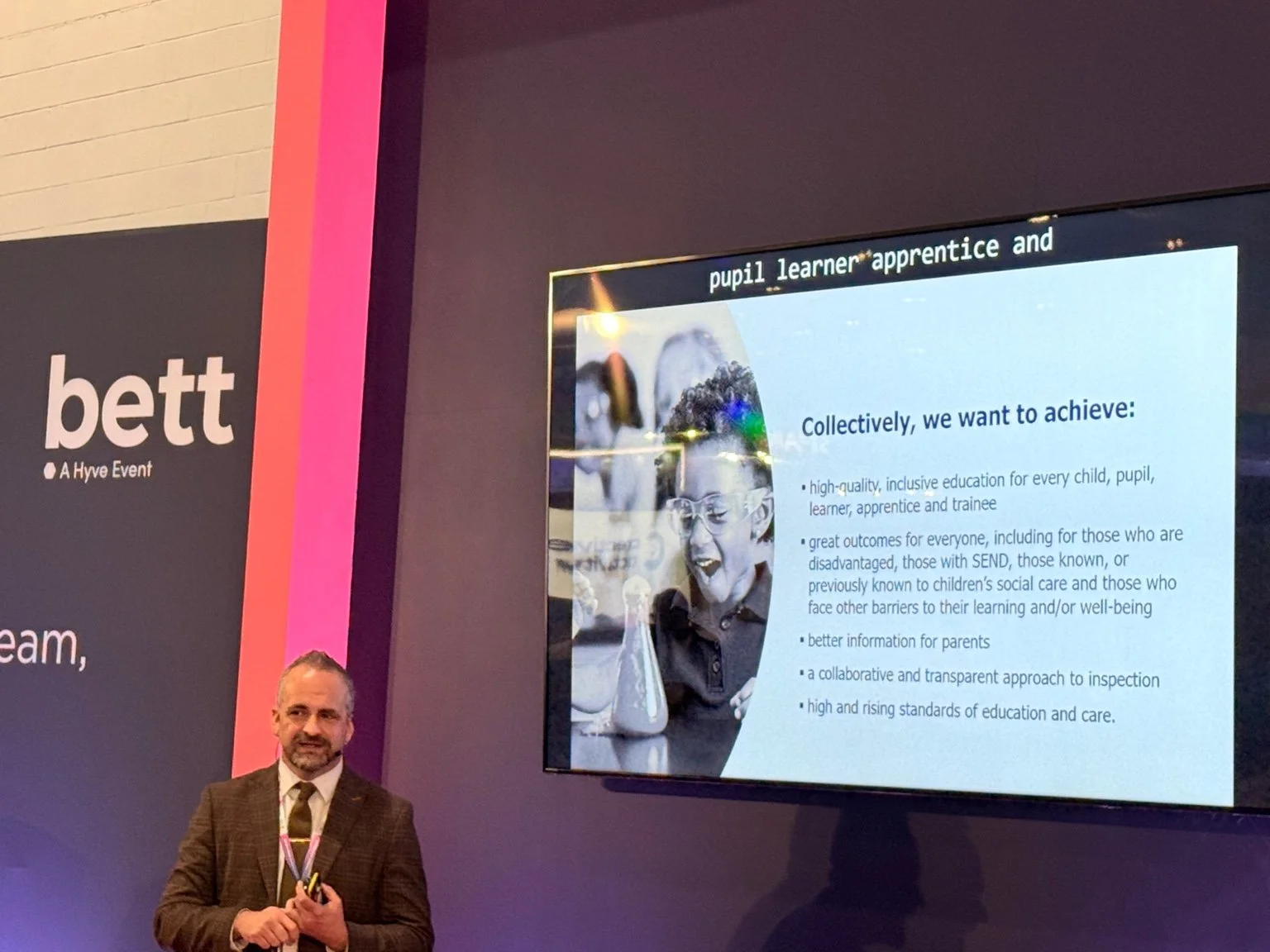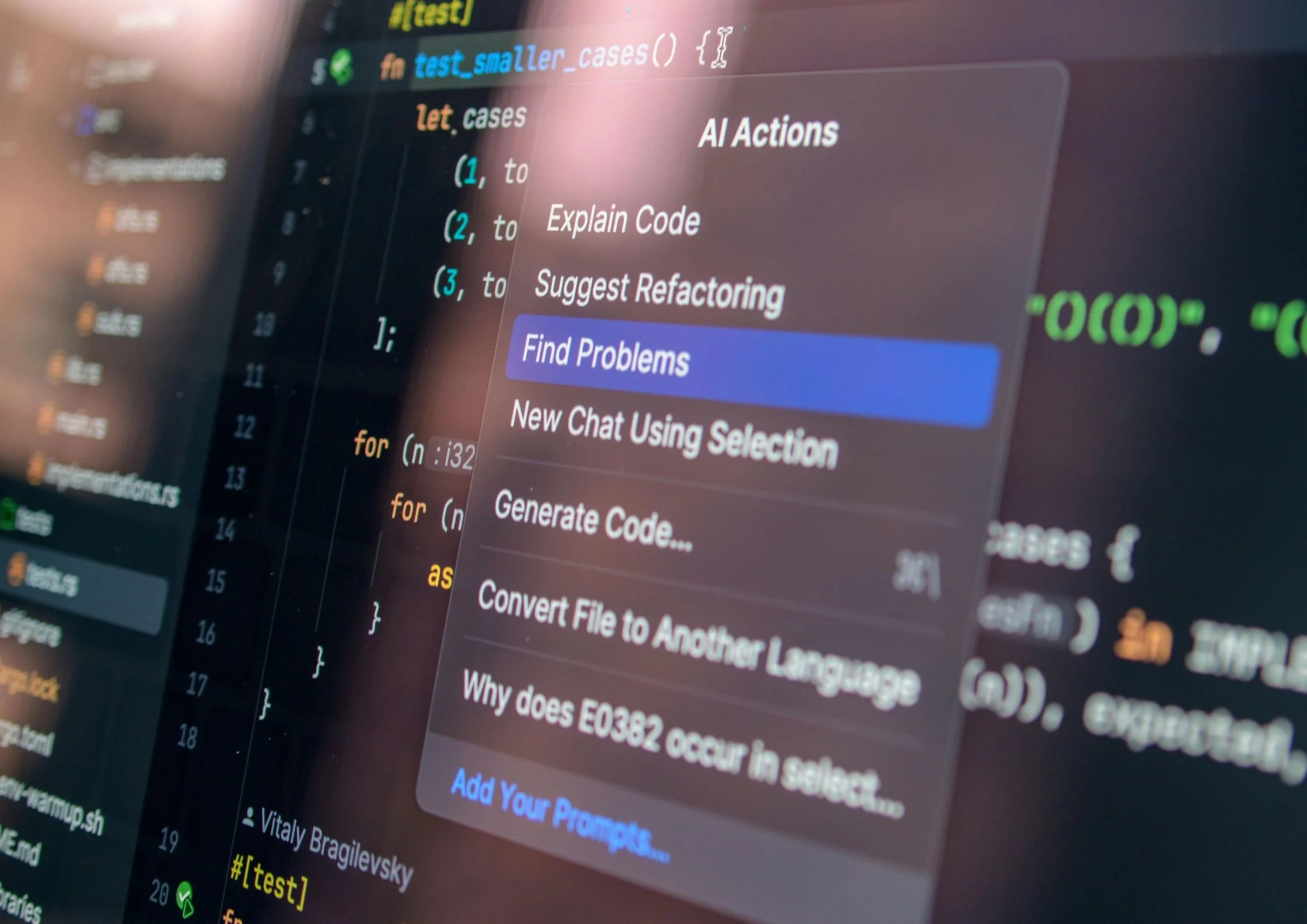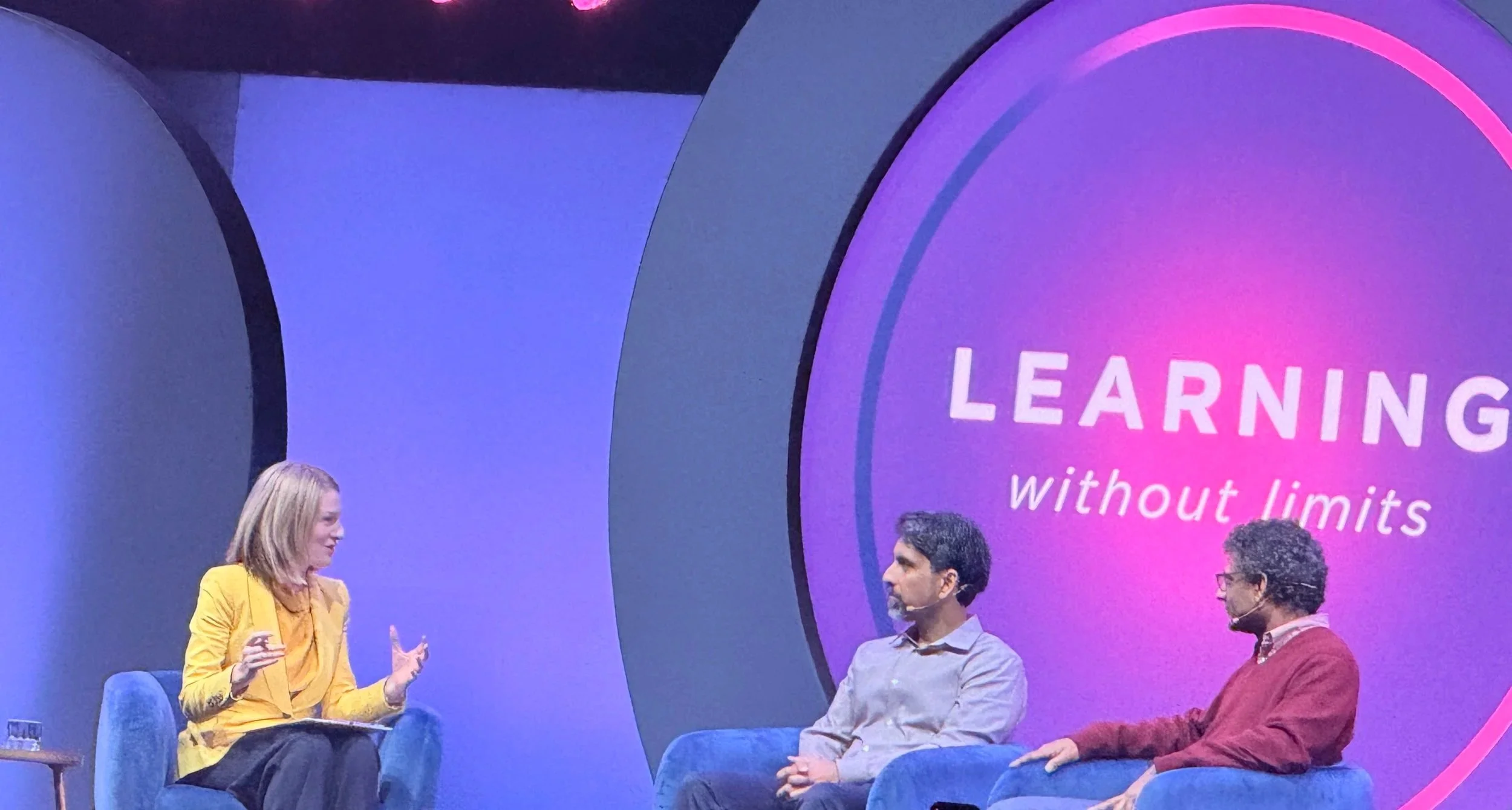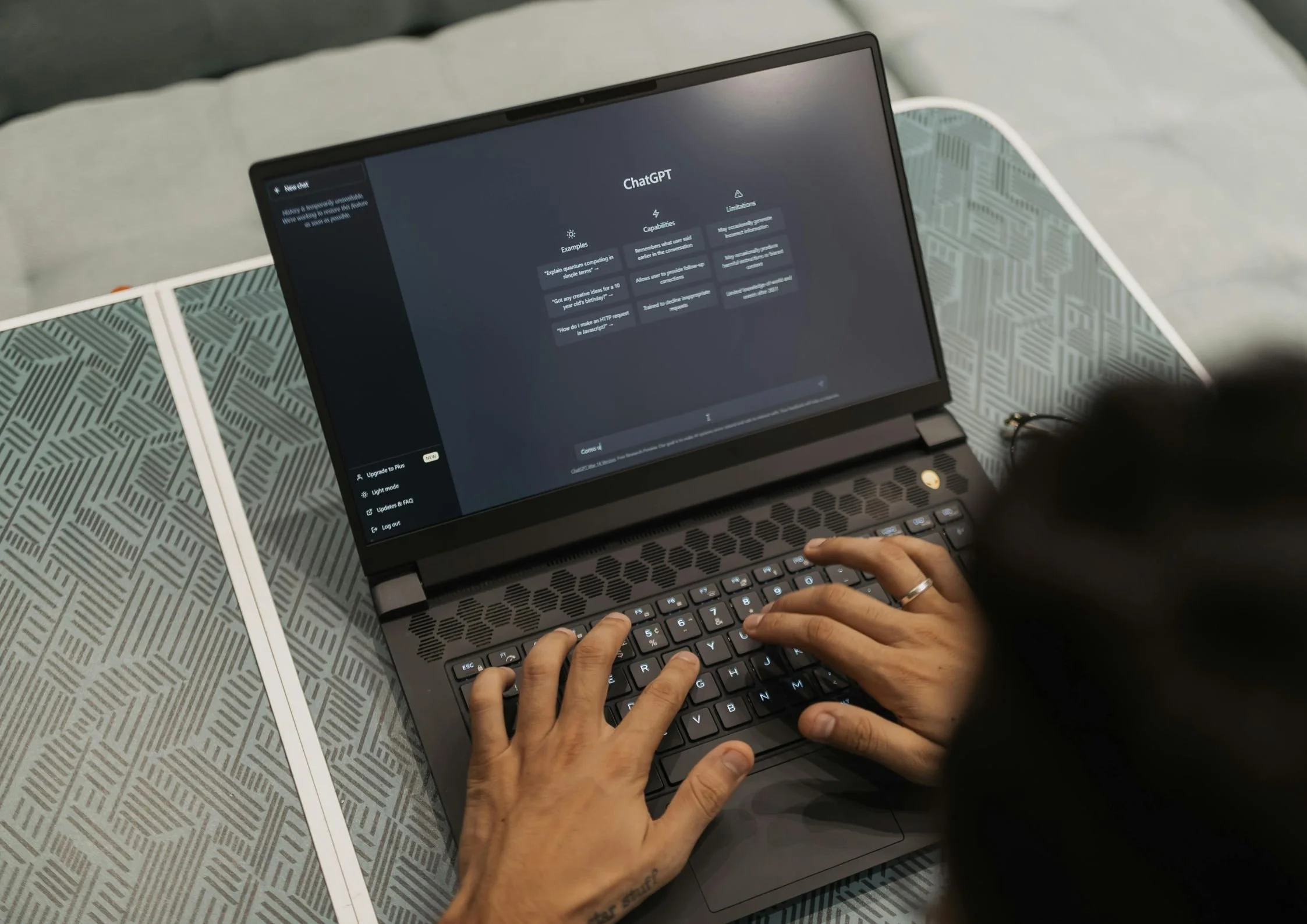Stanford project uses OpenAI API to advance medical reasoning through Clinical Mind AI
Platform developed by Dr. Marcos Rojas Pino helps medical students practice decision-making in realistic simulations.
Stanford University is using OpenAI’s API to power Clinical Mind AI, a new research and training platform designed to improve clinical reasoning skills among medical students.
The project, led by Dr. Marcos Rojas Pino, treats clinical reasoning as a skill that can be practiced through simulation and feedback. The news was shared in a LinkedIn post by OpenAI Global Affairs.
Simulating real-time clinical decision-making
Dr. Rojas Pino defines clinical reasoning as “the process of gathering information from a patient’s history, exam, and tests—then making decisions such as treatment, referral, diagnosis, and admission.” He launched the project after joining Stanford in 2022, aiming to identify what separates students from experts.
He found that the gap often comes down to two skills: “asking the right questions to collect data, then deciding which findings matter.”
Rojas Pino said, “If I can push students to interrogate a patient and judge the answers, they should improve those skills.”
The first version of Clinical Mind AI was built on Rojas Pino’s laptop in 2023 using OpenAI’s early APIs. Research funding later helped turn it into a full-scale platform developed in Stanford’s IDEAL Research Lab, directed by Professor Shima Salehi.
Clinical Mind AI allows instructors to create patient cases, while students interview simulated patients via text or real-time voice. The interface resembles a telehealth system, complete with an electronic health record for note-taking, reviewing images, and ordering tests. The system also generates a patient photo and other materials from the instructor’s script.
Expanding access to medical simulation
Simulation-based education is a well-established method for improving clinical performance, but until now it has often been limited to schools with significant resources. Clinical Mind AI aims to replicate that training effect at scale.
According to OpenAI, “Professors tailor cases to language, local epidemiology, and their school’s framework for clinical reasoning. They also use transcripts to personalize feedback and group students by need.”
The same system is already being used across disciplines including nursing, dentistry, occupational therapy, physical therapy, speech therapy, and psychology.
Clinical Mind AI is currently used at 15 universities across the United States, Central America, South America, and Australia, with more than 20 additional institutions on a waitlist in Asia, Africa, and Europe. Around 1,250 medical students are already using the platform.
Faculty access student transcripts to track progress, target instruction, and strengthen core skills in data collection, pattern recognition, and decision-making. The project’s early data suggests that real-time simulation helps educators identify skill gaps that traditional assessments may overlook.

